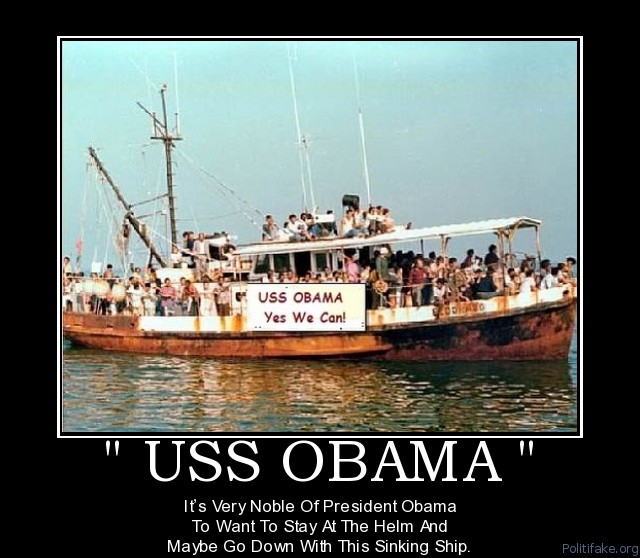- Aug 4, 2009
- 281,098
- 140,446
- 2,300
Since the period after World War II, the United States has actively pursued a strategy of 'forward defense.' What this means is simply that the United States fights on foreign shores or in foreign waters instead of waiting for the potential of fighting on the shores or close to North America.
Now the question that must be answered BEFORE you can discuss military spending is whether or not that strategy is still valid. So the question is: Do you support the forward defense strategy? Why or why not?
If you look at the forces of the United States you will find that they are built with that strategy in mind. Ten carrier task forces, long-range bombers, Marine expeditionary forces, etc. But you have to answer the above question first.
I'm interested to hear your thoughts.
I support the strategy with a diminished US role
Let Europe defend its own sphere of influence with the US providing intel and air support
Let Japan and Korea do the same
We have a military larger than the next ten forces combined and eight of those are our allies. Time to back off

